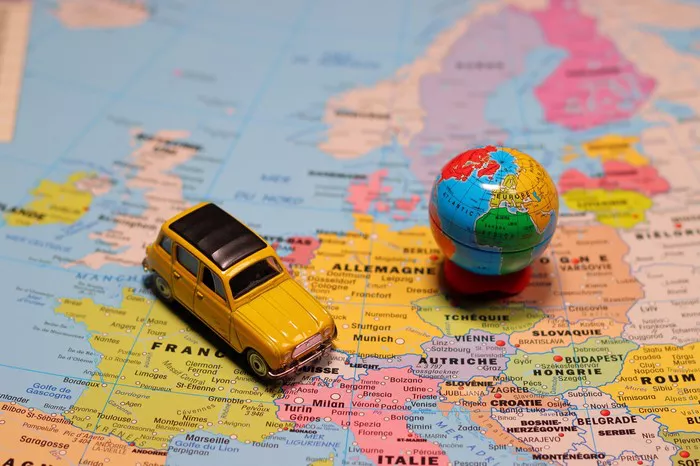Thousands of travelers across the UK are facing severe disruptions as rail workers from multiple unions launch a fresh wave of strikes in a long-running dispute over pay and working conditions. The industrial action, which began earlier this week, has brought significant parts of the national rail network to a standstill, with operators such as Avanti West Coast, Great Western Railway, and LNER running reduced services or canceling trains altogether.
The strikes, organized by the RMT, ASLEF, and TSSA unions, involve tens of thousands of rail staff, including drivers, conductors, and signaling workers. Union leaders argue that their members have not received fair pay rises in line with inflation, which remains stubbornly high at around 4%. They also oppose plans to close ticket offices and introduce more driver-only operated trains, which they claim will lead to job losses and reduced passenger safety.
The government, which oversees rail funding, has accused union bosses of refusing to negotiate realistically, insisting that the sector must modernize to remain financially sustainable. Transport Secretary Mark Harper has urged unions to call off the strikes and return to the negotiating table, but talks have so far failed to produce a breakthrough.
Passengers have been left scrambling for alternatives, with many forced to rely on overcrowded buses or expensive last-minute coach services. Major events, including music festivals and sporting fixtures, have also been affected, with some attendees unable to reach venues due to the lack of transport options.
The strikes come at a critical time for the UK’s tourism industry, which relies heavily on domestic rail travel during the summer months. Popular destinations such as Cornwall, the Lake District, and Edinburgh have reported a drop in bookings as travelers opt to stay closer to home rather than risk being stranded.
Industry analysts warn that prolonged industrial action could further damage public confidence in the rail network, which has already seen a slow recovery in passenger numbers since the pandemic. Some operators have introduced emergency timetables, but these often provide only a fraction of normal service levels, leaving many routes completely unserved.
Environmental groups have also voiced concerns, noting that rail travel is a key component of the UK’s decarbonization strategy. With more people turning to cars or domestic flights due to unreliable trains, carbon emissions from transport could rise, undermining climate targets.
Meanwhile, opposition politicians have criticized the government’s handling of the crisis, accusing ministers of failing to mediate effectively. Labour’s shadow transport secretary has called for an urgent resolution to prevent further harm to the economy and passengers.
As the standoff continues, there are fears that further strikes could be announced in the coming weeks if no agreement is reached. Travelers are being advised to check operator websites for updates and allow extra time for journeys. For those with flexible plans, alternative transport options such as carpooling or off-peak travel may help mitigate some of the disruption.
The ongoing dispute highlights deeper challenges within the UK’s rail sector, including funding constraints, outdated infrastructure, and the need for long-term reform. Until a compromise is found, passengers face the prospect of continued uncertainty and disruption in one of the busiest travel periods of the year.

